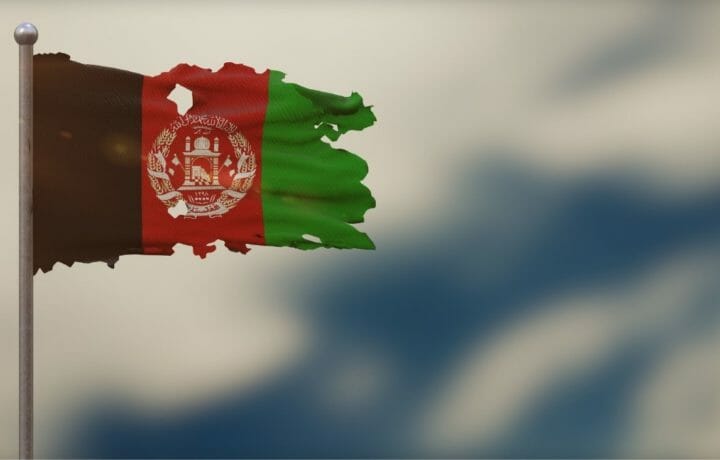Eight months have passed since the Taliban-Haqqani terrorist network pushed the Islamic Republic of Afghanistan from power. Today the state of the nation of Afghanistan is reminiscent of the 1990s, a horrible time for Afghans, and an era that produced the Africa Embassy bombings and the September 11 attacks. Diplomats so far have been unable to stop the regime from dragging Afghans back to the dark era of the 1990s Taliban reign.
Currently, the Taliban-Haqqani regime is an unrecognized illegal force. The United Nations and the Afghan people have conferred no legitimacy on the Taliban-Haqqani terrorists. The Embassies of Afghanistan around the globe are mostly occupied by the previous Republic’s envoys. The Afghan permanent mission at the UN is not controlled by the Taliban, but instead by an envoy claiming to represent the Afghan people, and not the Taliban-Haqqani regime or former Ghani administration.
What’s Next for the Taliban
Those speaking with Afghan leaders from the former government and civil society, and evaluating the chaos and humanitarian disaster in Afghanistan are left wondering what comes next. The options are numerous, but here are some critical ones at this time.
The Taliban continues their human rights violations and war crimes against Afghans, and western diplomacy continues to fail. This option creates more malnutrition, more terrorists, and lessens the power of democratic states, and lessens the chances that Afghans can rapidly remove the Taliban from power.
The Taliban-Haqqani regime is forced to stop their military occupation, and allow Afghans to choose their own government system and leaders. This option is highly unlikely, but could rapidly end the suffering of Afghans.
Finally, an Afghan government-in-exile is formed by a younger generation of Afghans globally, that seeks to create a government body that the world can interact with, and one that can replace the Taliban-Haqqani regime when it falls under Taliban incompetence or by force.
A Government-in-Exile
If Afghans are exploring ways to create a government-in-exile right now, what might it require? First it would need a “founders committee” to lay out a strategy for its creation. Those founders would need to be patriots loyal to the Afghan people, lack any corruption history, work for Afghanistan and not another nation’s interests, and likely not have been a senior leader in the previous regimes. Second, they would need a way to hold an international convention to discuss the creation of the government, luckily the pandemic has made everyone an expert at long-distance group meetings. Third, the founders would need to appoint or find a way to elect the interim government-in-exile. Finally, any Afghans seeking to form an alternate government to the Taliban, would need to connect the new government to other nations and international bodies. The legitimacy of the new government would depend heavily on the ability of Afghans to build a coalition of allies.
Time is running out
Some nations are starting to recognize Taliban-Haqqani regime envoys as the ambassadors to their countries. While the UN has not recognized the Taliban, this is a slow back-door way for nations who don’t care about human rights or seek to exploit Afghan resources to confer more power on the Taliban.
Unless a formal Afghan government-in-exile exists to support the current ambassadors and work with international organizations and aid groups, the Taliban will slowly gather falsely acquired legitimacy. It is not impossible for Afghans to create an alternate governing system that can better work with the UN and other agencies to end the suffering and human rights violations brought on by the Taliban-Haqqani regime. Time is not on the side of free Afghans right now. Speed will likely be more important than a perfect plan at this point.




